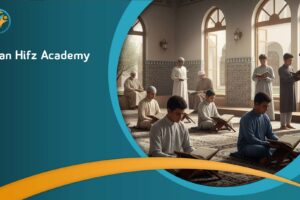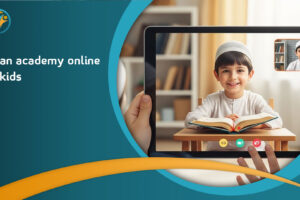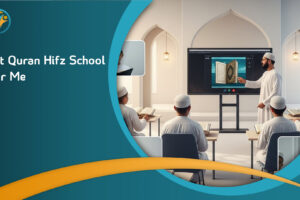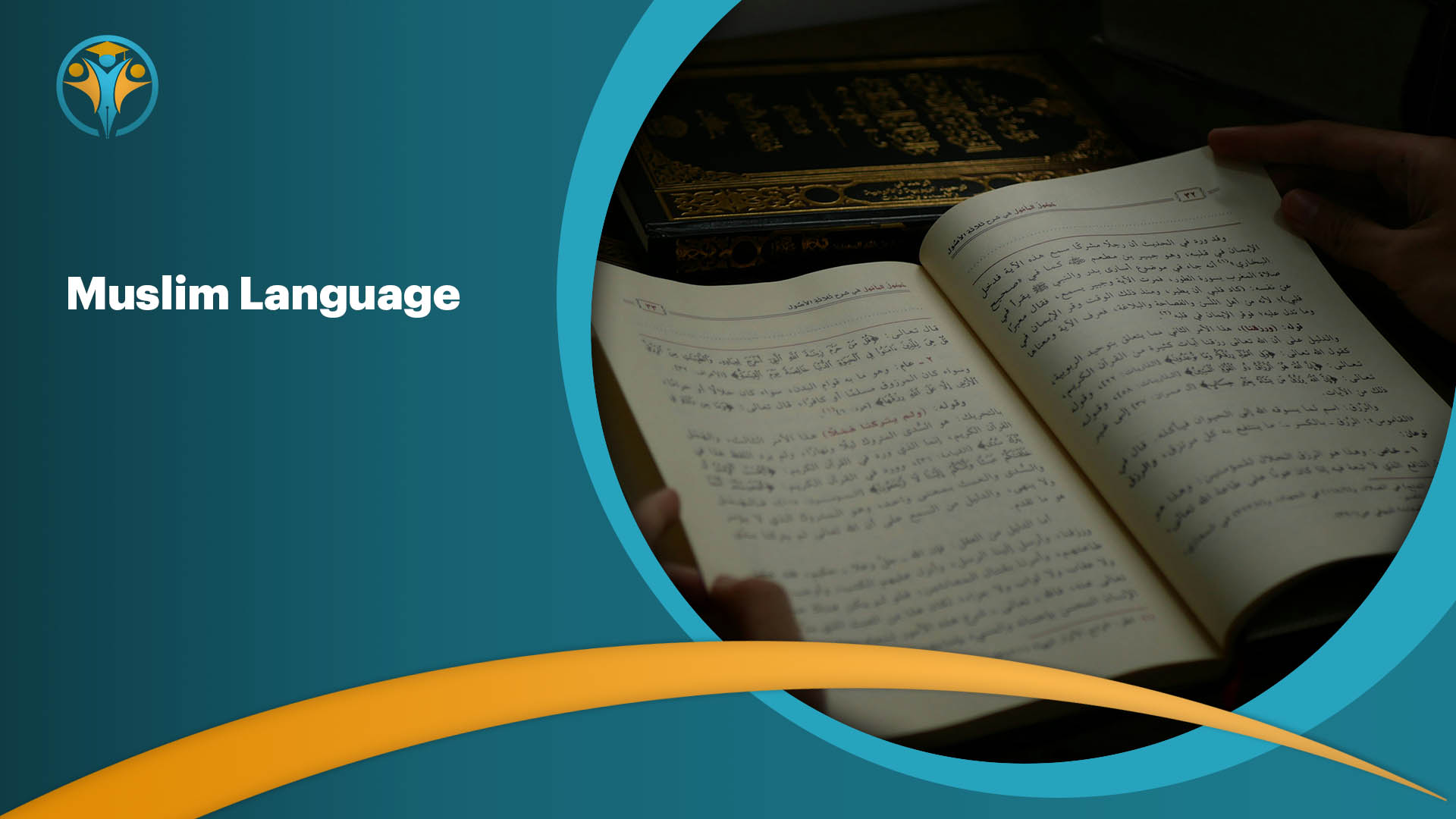
Understanding the Muslim Language: Arabic and Beyond
For centuries, language has served as the bridge that connects people to their beliefs, cultures, and shared values. In the context of Islam, the concept of a muslim language often arises in conversations about faith, identity, and worship. At the heart of this discussion lies Arabic, the language of the Quran and the Prophet Muhammad (peace be upon him). But to understand the full picture, one must also recognize the diversity of languages spoken by Muslims worldwide. This article, presented by Super Muslim Academy, explores the role of Arabic as the central language while also highlighting the linguistic richness of the global Muslim community.
Arabic as the Original Muslim Language
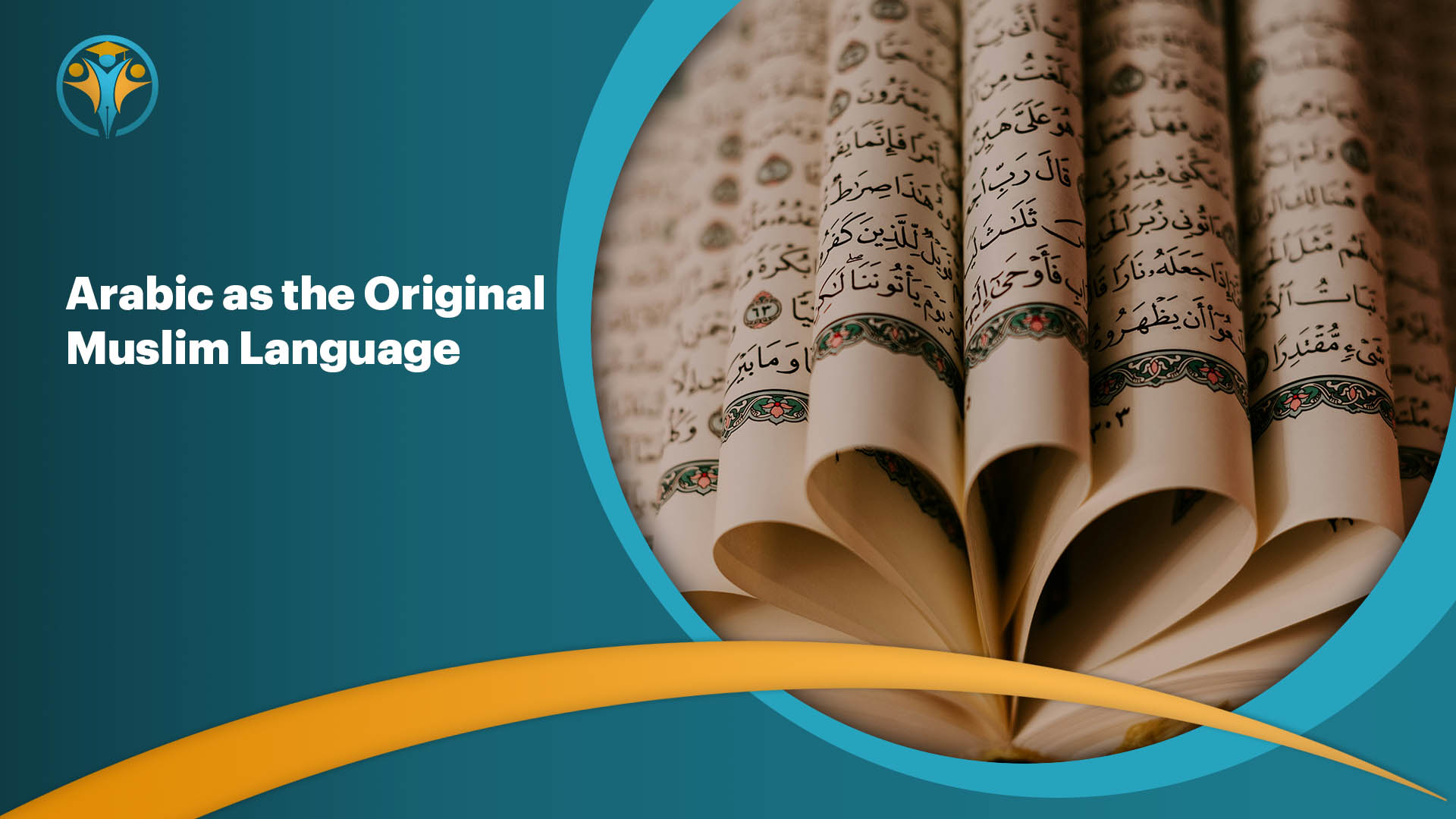
The connection between Islam and Arabic is profound and historical. When Muslims refer to the muslim language, many point immediately to Arabic, as it was the language chosen by Allah for the revelation of the Quran. The Quran is preserved in its original Arabic form, making the understanding of this language essential for deeper spiritual connection.
- Muslims believe the Quran is the literal word of God, revealed in Arabic to the Prophet Muhammad (peace be upon him). Translations can assist in comprehension, but the divine beauty and precise meanings of the Quran are only fully captured in Arabic.
- Central Islamic acts of worship such as the five daily prayers are recited in Arabic. This unites Muslims across different regions and cultures under a single muslim language of worship.
- For centuries, Islamic scholars wrote in Arabic, preserving vast knowledge in theology, law, philosophy, and history.
Read also: Quran Classes
Empower Your Faith Through Learning Today!
Unlock a deeper connection with Allah as you master Quran Recitation, Arabic language, and Islamic studies—all tailored to your level.
Enjoy engaging, one‑on‑one online lessons delivered by experienced and supportive instructors.
Start your journey now with a free trial class and transform your understanding into confidence and devotion.

Beyond Arabic: Diversity in the Muslim Language
While Arabic is central, Islam is not confined to one ethnicity or culture. With over 1.9 billion Muslims worldwide, the muslim language extends far beyond Arabic. Muslims speak Urdu, Turkish, Persian, Malay, Swahili, English, French, and hundreds of other languages.
This diversity shows that:
- Islam is a universal religion, accessible to all regardless of native tongue.
- The islamic language concept goes beyond words; it includes the shared values, greetings, and expressions rooted in faith.
- Arabic remains the unifying spiritual language, while local languages carry the cultural and practical aspects of Muslim life.
Importance of Learning Arabic for Muslims
Even though Islam embraces linguistic diversity, many Muslims aspire to learn Arabic. At Super Muslim Academy, courses are designed to make Arabic accessible, practical, and spiritually enriching.
Why Arabic for Muslims Matters
- Deeper Quran Understanding
Reading the Quran in Arabic enables believers to connect with the original message. This is more than translation it’s about experiencing the divine word as it was revealed. - Elevated Prayer Experience
Knowing the meanings of Arabic verses recited during prayer enhances concentration and devotion. - Connection with Tradition
From hadith collections to classical Islamic scholarship, most original works are written in Arabic. Learning the language connects Muslims to this legacy. - Cultural Unity
Through Arabic, Muslims share greetings like Assalamu ‘alaykum and expressions of faith such as Insha’Allah or Alhamdulillah, which transcend national borders.
The Broader Value of Arabic
The benefits of learning Arabic extend beyond religion. While the muslim language is rooted in Arabic, the language also opens doors to global opportunities:
- Arabic literature, poetry, and history are rich treasures.
- Arabic is an official language in 23 countries and is spoken by over 300 million people, making it valuable in business, diplomacy, and education.
- Mastering Arabic enhances memory, sharpens the mind, and builds bridges of communication with diverse communities.
At Super Muslim Academy, Arabic is taught with a focus on both its islamic language significance and its worldly applications.
Learn also: Quran Online for Beginners
Common Questions About the Muslim Language
Many learners wonder:
- Do all Muslims speak Arabic?
No, Muslims are spread across the world and speak many languages, but Arabic unites them in worship. - Is Arabic the only muslim language?
Arabic is central, but Muslims also use local languages daily while preserving Arabic for prayers and scripture. - Why should non-Arab Muslims learn Arabic?
To strengthen their connection to faith, enrich their prayers, and access Islamic texts in their original form.
Do You Need to Learn Arabic to Be Muslim?
One of the most common questions is: Do you have to learn Arabic to truly follow Islam? The answer is no. Islam is a universal religion, and Muslims from all cultures practice their faith without necessarily speaking Arabic fluently. The Quran and other Islamic resources are translated into many languages, making the muslim language accessible to non-Arabic speakers.
Yet, while not obligatory, learning Arabic provides unique spiritual and intellectual benefits. Muslims who study Arabic for Muslims often find their prayers more meaningful and their understanding of faith more personal. At Super Muslim Academy, students are reminded that Arabic enriches the islamic language experience but is never a barrier to entering Islam.
Arab vs Muslim: Understanding the Nuances
The terms Arab and Muslim are often confused, but they are not the same. An Arab is a person from the Arab world, united primarily by culture and the Arabic language. A Muslim, on the other hand, is a follower of Islam, regardless of ethnicity, nationality, or language.
This distinction is crucial when discussing the muslim language. While Arabic is the spiritual and liturgical language of Islam, not all Arabs are Muslims, and not all Muslims are Arabs. For example:
- Indonesia has the largest Muslim population, yet its official language is Bahasa Indonesia.
Millions of Muslims in Africa use Swahili as their daily language while preserving Arabic for worship. - In South Asia, languages like Urdu, Bengali, and Pashto are spoken widely among Muslims.
Thus, the islamic language of faith is Arabic, but the lived experience of Islam spans dozens of tongues.
Arabic for Muslims in Daily Life
Muslims encounter Arabic in many daily religious and cultural practices. Even those who do not speak Arabic fluently use essential phrases and words as part of their muslim language:
- All Muslims recite Quranic verses in Arabic during the five daily prayers.
- Phrases like Assalamu ‘alaykum (peace be upon you) connect Muslims across cultures.
- Words like Alhamdulillah (all praise is due to God), Insha’Allah (if God wills), and Bismillah (in the name of God) are universally understood among Muslims.
- Many sayings of Prophet Muhammad (peace be upon him) are best appreciated in their original Arabic.
This shows that even if Muslims live in non-Arabic-speaking countries, elements of the islamic language remain an inseparable part of their identity.
Learning Arabic: Resources and Recommendations
For Muslims and non-Muslims alike, starting the journey of learning Arabic can feel overwhelming. That is why Super Muslim Academy was founded: to make Arabic accessible, practical, and spiritually rewarding.
Key Learning Strategies
- Start with the Basics: Learn the Arabic alphabet and pronunciation before moving to vocabulary.
- Focus on Quranic Arabic: Many Muslims prioritize the vocabulary and grammar found in the Quran, as this builds direct access to the divine text.
- Daily Practice: Consistency is key. Even 15 minutes of practice daily strengthens your understanding of this muslim language.
- Immersive Environment: Listen to Arabic recitations, watch educational videos, and engage with Arabic speakers to speed up your learning.
- Structured Learning: Online platforms like Super Muslim Academy provide guided lessons with a balance of linguistic and spiritual focus.
By combining these methods, learners can gradually build confidence and fluency.
Benefits Beyond Religion

While Arabic for Muslims is essential spiritually, its value extends to many other areas:
- Accessing centuries of Islamic scholarship in the original language.
- Understanding poetry, literature, and historical documents that shaped civilizations.
- Careers in international business, diplomacy, and translation often value Arabic speakers.
- Knowing Arabic allows Muslims to connect with communities worldwide through a shared islamic language.
At Super Muslim Academy, students are taught that mastering Arabic is not just about faith it’s also about engaging with a wider world.
Frequently Asked Questions
- What is the muslim language?
The muslim language primarily refers to Arabic, the language of the Quran and Islamic rituals. However, Muslims around the world speak many other languages. - Do all Muslims speak Arabic?
No. Muslims speak hundreds of languages, but Arabic remains the shared spiritual language of worship. - Can I practice Islam without learning Arabic?
Yes. Many Muslims read translations of the Quran and still fulfill their obligations. However, learning Arabic deepens faith. - Is Arabic the only islamic language?
Arabic is the core islamic language, but translations and local languages also help Muslims practice their faith. - Where can I learn Arabic as a beginner?
Super Muslim Academy offers structured programs designed for non-native speakers who want to study Arabic for Muslims at their own pace.
In conclusion, The journey to understanding the muslim language is both spiritual and cultural. Arabic, as the central islamic language, connects Muslims to their faith, unifies them in prayer, and preserves the divine message of the Quran. Yet Islam’s global nature proves that faith transcends language, allowing people of all backgrounds to be part of the Ummah.
Whether you are a devoted Muslim aiming to strengthen your connection with God or simply a curious learner seeking cultural knowledge, learning Arabic offers unmatched benefits. With the guidance of Super Muslim Academy, anyone can embark on this journey and unlock the doors of faith, culture, and knowledge.
Read also: Online Hifz Quran Classes

